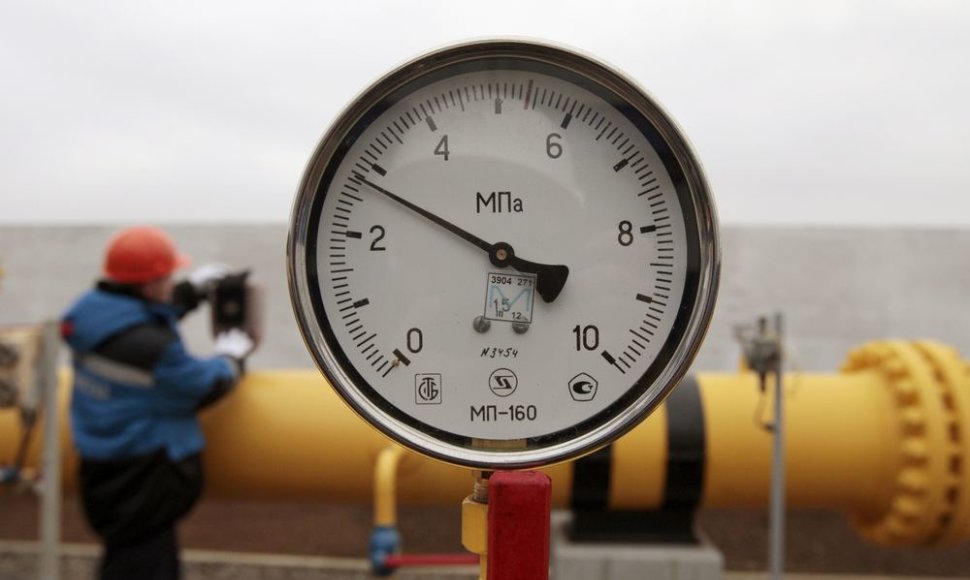Jankauskas, who is deputy director general of the Lithuanian Industrials' Confederation, says that the current situation in Europe is favorable for Lithuania to negotiate for lower prices.
„Europe is already able to import 25 percent of its gas by ships. Russia's share of the gas market has fallen by several percent and Norway is now the biggest supplier of gas to Europe. Also, there is increasing competition among Europe's four key gas suppliers - – Russian, Norwegian, Algerian and Dutch companies,“ he said.
The sale of a stake in Lithuania's gas transmission company Amber Grid possibly was among the issues of the expert-level negotiations between Lithuania and Russia which were completed on Aug. 1, the energy expert said.
Commenting on reports that Russia's gas giant Gazprom proposes to sign a long-term agreement with Lithuania in exchange for price discounts, Jankauskas said that Poland last year negotiated 10-15 percent natural gas price cuts under similar conditions.
„It's very easy to say that we don't need long-term agreements, but it may turn out later that such agreements are beneficial to both parties. Limiting oneself to free market purchases can be risky too. You can win, but you can lose as well. So, countries are trying to secure long-term supplies not only by pipeline, but also by ships,“ he said.












